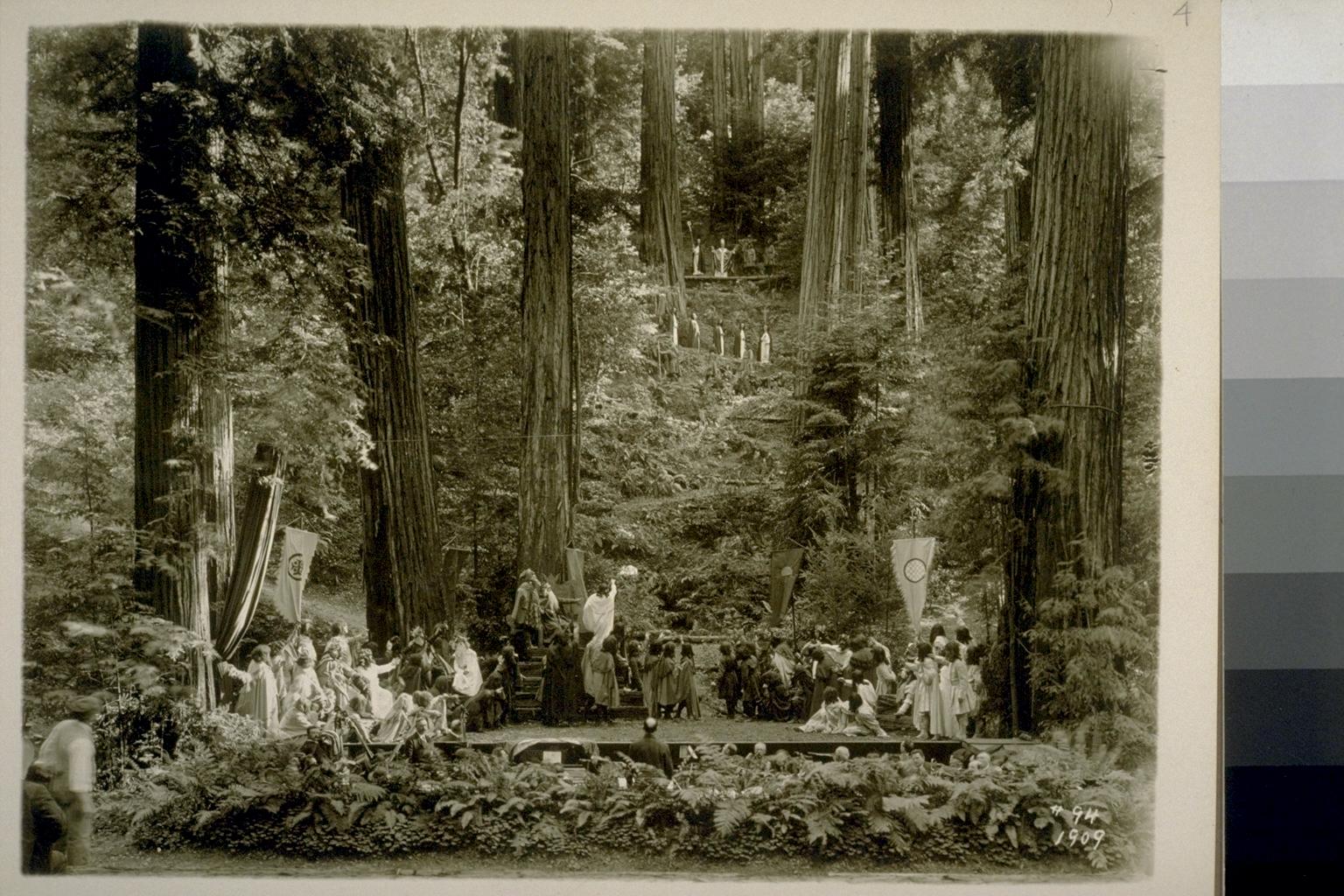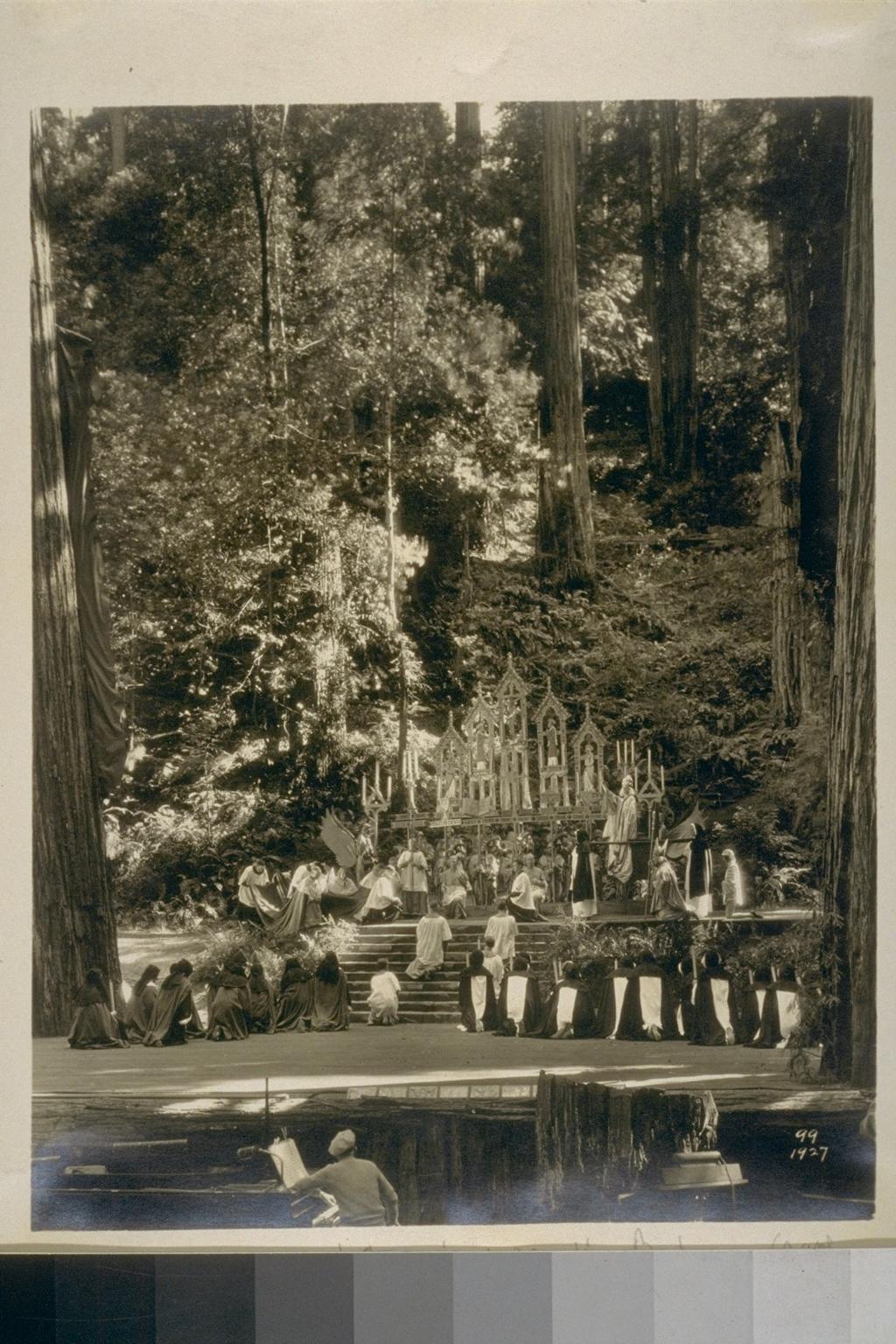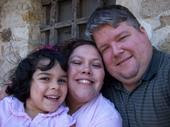This is a response to "the Pilgrim" over at defending, contending. He wrote an article entitled "It's all about Mary".
Fact or Fiction; Scripture or Tradition?
The following is an examination of fifteen of the most often used arguments by Roman Catholic adherents in their defense of their near deification of Mary, (along with a brief response to each argument). Each of the pictures in this post can be clicked on to enlarge.
That is all true, but notice something else, Mary is the only specific person called "blessed". And, not only that, but when the angel greeted her, he stated "Hail, Mary". "Hail" in first century Roman Culture was the greeting a subordinate gave to a superior. The angel was greeting someone greater than himself! This is the only time in the Bible an angel greets someone like this.Argument 1). Mary was blessed among women: FACT
Mary was blessed, however, so is every Believer. To make the leap that because Mary was blessed she should receive the adoration/veneration/worship that she’s given is not Scripturally logical. In fact, Scripture records the way Jesus handled the first attempt to elevate Mary’s status. In Luke 11:27-28 a woman in the crowd tried to draw attention away from Christ and to Mary (what the RCC has perfected) but Jesus corrected her saying, “On the contrary, blessed are those who hear the word of God and obey it. “ (Luke 11:27-28). Also, Mary wasn’t/isn’t the only person blessed. See the Sermon on the Mount for a list of others who are “blessed” (Matthew 5:3-11).
Argument 2). Mary is worthy of/deserves our adoration and veneration: FICTION
No human is worthy of any amount of veneration or worship because we are all sinners (Psalm 14:3, Romans 3:23); we are to worship God and serve Him only (Matthew 4:10); and God will not give His Glory to another (Isaiah 42:8, 48:11).
Of course no human is worthy of worship, that is why it is wrong to worship Mary, that is the heresy of Collyridianism. And no Catholic claims that God shares glory with Mary.
This is a favorite of those that condemn the Catholic and Orthodox churches respect of Mary. But the author of this list attempts to equate the belief of the Communion of Saints with the practice of necromancy. When they are in fact 2 different things.
Argument 3). It is permissible and acceptable to pray to Mary: FICTION
Mary was a human being and suffered the wages of sin–death (Romans 6:23) like everyone else. Scripture prohibits contacting, seeking out, consulting, and/or praying to the dead (Deuteronomy 18:11). It is called necromancy and it detestable to God (Deuteronomy 18:9, 12). Additionally, spiritists, sorcerers, and mediums (who seek to contact the dead) are also condemned by God
The communion of Saints is the belief that those who have gone to Heaven are aware of and can pray for those of us on Earth. It is the belief that those who die in Christ are forever united with him. Necromancy is the practice of contacting the dead in an effort to tell the future or to change the future. That is also forbidden in the Catholic Church.
Argument 4). By bowing down and praying to Mary, Catholics are not worshipping her, just venerating her. In fact it is also permissible to make statues of her and bow down to them too: FICTION
The “veneration” and bowing down to statues is forbidden. It does not matter what you want to call something to make it more palatable, what matters is what God calls it. We can trivialize sin all day long (humans do it all the time) but God has made His commands very clear. I urge you to review all the pictures in this post (click on them to enlarge) and compare what you see—not with what you think and feel—but with what has been revealed in God’s eternal Word. I recommend starting with the 1st and 2nd Commandments found in Exodus 20:4-5.
You are right, it is wrong to venerate and worship statues. That is why Catholics do not do this. Appearances are irrelevant. Read 2 Samuel 6, it records David singing, dancing, worshiping and offering sacrifices to the Lord. But, in actual appearances, he was doing those things in front of the Ark of the Covenant. Yet no one argues that is a violation of the first commandment, why does David get a consideration that Catholics do not?
The only fiction here is that this is a belief of Catholics, there is no Catholic doctrine that Jesus will listen to Mary before he listens to us. Please...
Argument 5). Mary pleads our case to Jesus who would listen to His mother above us: FICTION
This same Jesus that supposedly obeys Mary’s petitions is the same Jesus who when told by Mary that “they have no wine” replied, “Woman, what does that have to do with us?” (John 2:3-4). She then tells the servants to do whatever Jesus commands.
The Scriptures paint an entirely different picture of the Jesus that supposedly can’t understand us mere humans, thus requiring Mary’s petitions. Hebrews 2:17-18 shows us of a merciful Christ who—being made like man—is able to the come to our aid because He too experienced the same temptations we do. Furthermore, it is Jesus who is our advocate with the Father (1 John 2:1-2), not Mary.
Another fiction, no Catholic claims that Mary approaches the Father for us, that is a direct violation of 1 Timothy 2:5. Also, our current Pope has stated that Mary will never be proclaimed "co-redemptrix":
Argument 6). Mary is our Mediatrix, our co-redeemer with Jesus: FICTION
This RCC concept didn’t even emerge until the proclamation from Pope Benedict XV in 1922. But the date of its introduction matters little in contrast to how utterly blasphemous it is to even suggest this, let alone teach as if it’s the truth of God. This idea is in direct violation of God’s Word; Jesus is our advocate (1 John 2:1-2) and “there is one God, and one mediator also between God and men, the man Christ Jesus . . .” (1 Timothy 2:5) not Mary.
Argument 7). Mary was conceived without sin: FICTION
The idea of the “Immaculate Conception” proclaimed by Pope Pius IX in 1854 has absolutely no foundation in the Scriptures. Even King David (a man after God’s own heart) proclaimed that He was conceived in sin and he was brought forth with iniquity (Psalm 51:5) just like every person ever born.
Again, in Luke's Gospel, the Angel refers to Mary as "full of Grace". Where there is sin, there cannot be grace.
Argument 8). Mary remained sinless her entire life: FICTION
Those who say they have no sin are liars (1 John 1:8); no one does good, not even one (Psalm 14:3); each of us has turned to our own way (Isaiah 53:6); all have sinned (Romans 3:23). This includes Mary. There’s nothing found in Scripture to suggest otherwise. Anyone who claims Mary was sinless is basing this off of their opinion grounded in the purely mythical tradition of man.
Mary proved she was like everyone else (a sinner) when she brought her offering to the temple (Luke 2:24). This was a sin offering that Mary would not have been required to bring had she been sinless (Leviticus 5:11, 12:8). Mary also acknowledged that God was her Savior (Luke 1:47). A sinless person does not need a savior.
First of all, Mary never claimed to be sinless. She brought forth an offering for purification from uncleanliness of childbirth. To fail to do so, would violate the Law, and thus, be a sin. Also, of course God was her savior, who do you think it was that saved her from the stain of original sin?
This is easy. Yes, Joseph kept her a virgin until she gave birth. That does not mean she ceased being a virgin as soon as she gave birth, as the literal reading would imply. Also, nowhere does the Bible record Mary having other children. And the brethren and sisters of the Lord? These are translated with the Greek words "Adelphos and Adelphi" Which can mean any number of relations or even countrymen. The fact is, the Bible does not record Mary and Joseph having any other children.
Argument 9). Mary remained a virgin her whole life (perpetual virginity): FICTION
This is not only beyond reason, but it is contradictory to the revealed Word of God, the holy Scriptures. Joseph kept Mary a virgin until Jesus was born (Matthew 1:24-25). This means that after the birth of Jesus, Joseph no longer kept Mary a virgin. Mary and Joseph had other children, the half-brothers and half-sisters of the Messiah. This can be seen in Matthew 12:46-50, Matthew 13:55-57, Mark 6:3-4, John 2:12, John 7:3, 5, 10, Acts 1:14, 1 Corinthians 9:5, and Galatians 1:19. (Before you say, “This was brothers and sisters in the Lord” I suggest you read the context of these passages.)
Additionally, Mary withholding sex from Joseph would have not been in accordance with God’s plans for mankind: “Be fruitful and multiply . . .” (Genesis 1:28); “Do not deprive each other except by mutual consent and for a time, so that you may devote yourselves to prayer. Then come together again so that Satan will not tempt you because of your lack of self-control” (1 Corinthians 7:5).
This was hardly introduced in 1950. It has been a belief in the Eastern church since prior to the 4th century. Tradition that has been preserved in the Jerusalem church since the times of the Apostles. Also, I would point out that neither Catholics nor Orthodox claim a Scriptural Basis for this belief.
Argument 10). Mary ascended into Heaven: FICTION
The assumption of Mary into Heaven wasn’t even introduced into the RCC until 1950 by then Pope Pius XII, and there is absolutely no Scriptural support for this, not even a hint of it in Scripture.
Argument 11). Mary was the greatest among all born evidenced by the fact that she was “chosen” by God to birth the Messiah: FICTION
If anyone was the greatest ever born it would have been John the Baptist, not Mary. Why? Because Jesus said so. Jesus declared of John the Baptist that of those born among women there is no one greater than John (Luke 7:28). Following the logic of the RCC which drives their adoration/veneration/worship of Mary, one would expect that their devotion to Mary would only be eclipsed by their devotion to John the Baptist, however, this is not the case.
Furthermore, the emphasis put on Mary by the RCC is grossly out of proportion to the emphasis she receives from the Bible. Mary–the earthly mother of Jesus– is never mentioned again in the Bible after Acts 1:14. This means that of the 27 books of the New Testament, only five of them (Matthew, Mark, Luke, John, Acts) contain any reference to Mary. Not what one would expect when one looks at the current deification of her by the RCC. Even when one would expect to find her name among those mentioned in Hebrews 11, (commonly known as the great Hall of Faith), Mary and any reference to her is strangely absent.
This is grasping at anything. Neither "Jesus Christ" nor "Holy Spirit" appears anywhere in the Old Testament. Therefore, by your logic, we must assume that they are unimportant right? NO. One verse of the Word of God is just as important as 100.
As for the "great hall of Faith"? NO New Testament figures are named there, so her not being there is not "strange" at all.
Argument 12). Mary is the Queen of Heaven: FICTION
There is no Queen of Heaven. In fact, the only mention in Scripture of a “Queen of Heaven” (a false god) is in Jeremiah 7:18 in which those who are making cakes to her (and those pouring out drink offerings to other gods) will have the wrath of God poured out on them (Jeremiah 7:20).
Here, you are making a statement of fact "There is no queen of Heaven" with absolutely no supporting evidence. That there is a pagan deity also called the "Queen of Heaven" is again irrelevant. Similar names do not imply any connection.
Argument 13). Marian Apparitions are genuine and legitimate: FICTION
Again, no such teaching, example or precedent for this is found in the Scriptures. However, we are told “Marvel not, for even Satan can disguise himself as an angel of light” (2 Corinthians 11:14).
No catholic is obligated to believe in ANY Marian apparitions, they are considered private revelation and therefore not in any way binding.
Again, I refer you to my answer to the above opinion. Also, I would point out that there have been numerous statements against the "apparitions" at MedjugorjeArgument 14). Marian apparition messages are true and from God: FICTION
“You will never be alone. My immaculate heart will be your refuge and the way which will lead you to God.” - Mary Apparition in Fatima
“I alone am able to save you from the calamities that approach. Those who place their confidence in me will be saved.” - Mary Apparition in Akita
“You have seen hell where the souls of poor sinners go. To save them, God wishes to establish in the world devotion to my immaculate heart. If what I say to you is done, many souls will be saved and there will be peace.” - Mary Apparition in Fatima
“. . . I call upon you to open yourselves completely to me so that through each of you I may be enabled to convert and save the world . . .” - Mary Apparition in Medjugorje
The messages of this entity claiming to be Mary ultimately lead people’s attention away from Christ and to herself (itself), not Christ. The Apostle Paul sought to know nothing but Christ and Him crucified (1 Corinthians 2:2). Furthermore, the Apostle Paul warned us that if anyone, even an angel from Heaven, preached a gospel contrary to what was already preached, he/she/it is to be cursed (Galatians 1:6-9).
Is God incapable of preserving his word outside the Bible? Is humans sinful nature more powerful than the Holy Spirit? Answer these questions and you will have the answer as to whether or not God can use Tradition to instruct his church.
Argument 15). Roman Catholic Church (RCC) tradition has provided us the doctrines on Mary: FACT
This is true. The RCC consisting of sinful, fallible, fallen human beings has given the world these traditions of men, but the holy revealed Word of God—given to the prophets by inspiration and by which will never pass away—does not support these legends, myths, and downright heretical false doctrines.
Conclusion:
As noted above, Mary is never spoken of in the history of the Church or the letters (Epistles) to the Church (except in Acts 1:14 where a brief mention of her is made). No where in all the instruction of conduct, examples of operation, and direction given to the early church for its operation and function is Mary ever mentioned, yet today you couldn’t walk into a Roman Catholic Church without bumping into something to do with Mary, and you’d be hard-pressed to find a member of the RCC that would deny Mary as being a pivotal or important part of their life in the mother church. This devotion and near-deification of Mary is something you cannot find anywhere in the early Church. The silence of the Scriptures alone speaks volumes against the RCC’s current obsession with Mary.
“For there is one God, and one mediator also
between God and men, the man Christ Jesus . . .”
1 Timothy 2:5
~~~~~~~~~~~~~~~~~
This verse is misleading, of course Catholics don't consider Mary a mediator between God and men. The silence of the Scriptures mean nothing. Mary is not the focus of the Scriptures, Jesus is. And to claim the early church is silent on Mary is to be completely ignorant of the early church. Catholicdotcom has some wonderful quotes of the fathers in regard to Mary.















